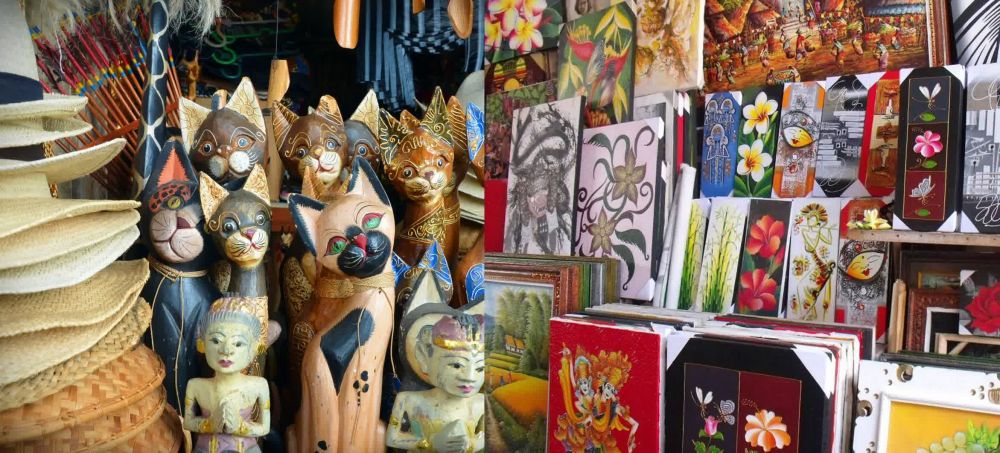

Ubud has been a center for traditional crafts and dance in Bali, Indonesia since the early twentieth century. Its history of tourism can be traced back to the arrival of Dutch colonialists, who were the first Westerners to harness Ubaid's potential as a tourist destination. However, it was not until the 1930s that Ubud started to gain fame as a cultural hub, attracting artists and bohemians from across the globe.
The Ubud Art Market, locally referred to as 'Pasar Seni Ubud,' has its roots deeply entwined with the town's history. This market has been a focal point for artists and patrons ever since the royal family of Ubud promoted Bali's unique art and culture to support local economy. It became even more popular as a tourist attraction after Indonesia proclaimed independence and tourism policies began to favor cultural destinations.
Situated opposite the the Royal Palace, the market presents an eclectic collection of arts and crafts that epitomize the Balinese way of life. These range from beautiful silk scarves and lightweight shirts to hand-crafted woven bags, baskets, hats, and Balinese kites.
The market also offers an array of wood carvings, traditional kites, handmade woven bags, baskets, hats; it's a showcase that reflects the importance of art and artisans in Balinese culture. The bustling market truly comes to life with the vibrant colors of the crafts, the rich smells of incense and the sounds of bargaining shoppers mixing with those of the marketplace.
Tourists flock to Ubud Art Market not just to shop, but to immerse themselves in a cultural experience, often engaging with local artisans, watching art being crafted on-site, and even participating in workshops.
Ubud, particularly the Art Market, has seen evolving tourism trends over the years. Recently, there's been a shift towards sustainable and ethical tourism. Tourists increasingly look for authentic experiences and are more concerned about the origins of the items they purchase. This has led to a greater emphasis on traditional methods and fair-trade practices within the market.
Experiential Travel has also taken off, with Ubud becoming a top destination for those seeking to engage more deeply with local culture. Visitors don't just want to observe; they want to learn, create, and connect. This has led to a rise in cultural workshops being offered such as Balinese cooking classes, wood carving, and even local farming techniques.
With shifts in global travel habits influenced by digital connectivity, Ubud's Art Market has also become increasingly prominent on social media platforms, drawing in travelers who have seen its charm showcased by influencers and fellow travelers alike.